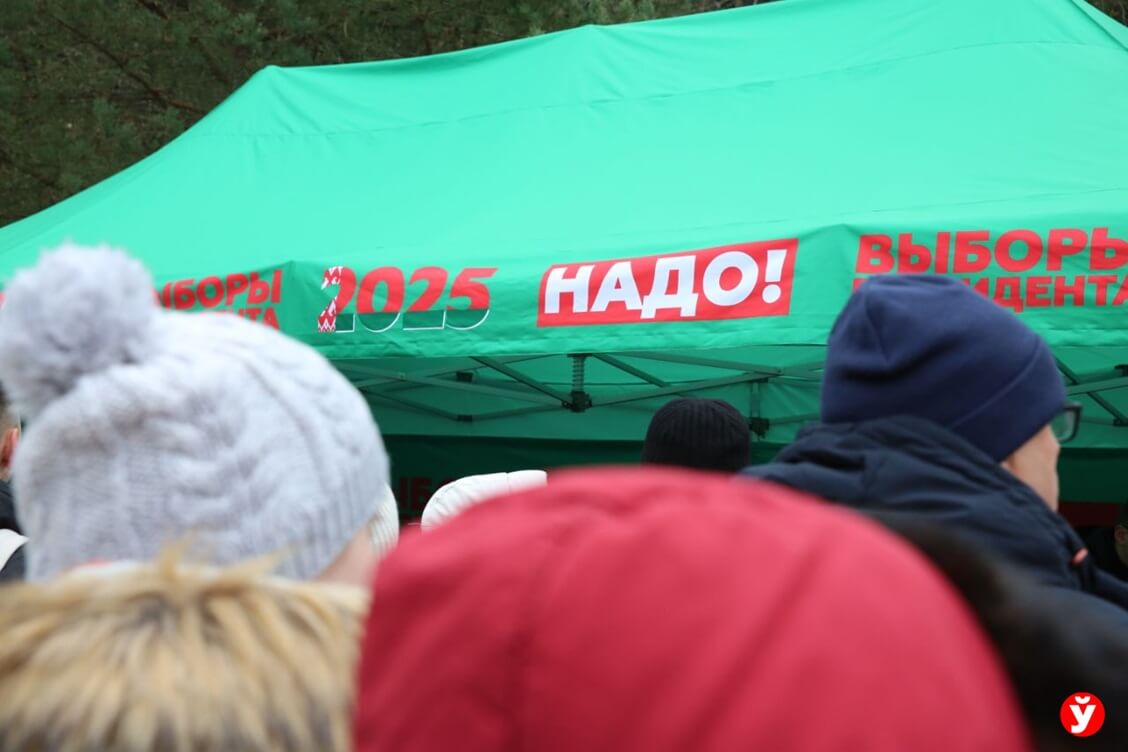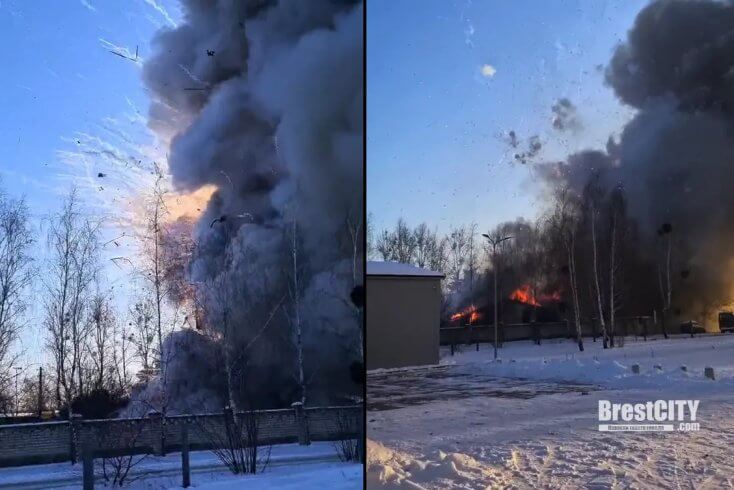Rights defenders: authorities fully control territorial election commissions

November 12, Pozirk. The territorial election commissions formed by authorities in the run-up to the January 21-26 presidential election are fully controlled by the executive, says a report by the Human Rights Defenders for Free Elections.
Pro-government parties and public associations, executive-controlled worker collectives and government-vetted individuals nominated 1,725 commissioners in just one week, says the report published on viasna96.org, noting that the short period is proof of “administrative-command management of the whole process.”
“Opportunities for public control and the independent observation of the process of the formation of territorial election commissions have not only been reduced to zero, but are subject to persecution,” says the election monitoring group established by the Viasna Human Rights Center and Belarusian Helsinki Committee.
Authorities backed all candidates from pro-government parties and public associations imitating civil society, depriving Belarusians of the opportunity to put forward their own nominees, the report says.
The central election commission approved 1,689 members of 153 territorial commissions on November 6, a day before the launch of the ballot-access signature collection. Pro-government parties and associations loyal to Alaksandar Łukašenka account for 70 percent of their members.
Admitted to the commissions have been 141 members of the pro-government Biełaja Ruś party, 71 members of the pro-government Communist Party of Belarus, 42 members of the pro-government Republican Party of Labor and Justice, 17 members of the pro-government Liberal Democratic Party, 279 members of the pro-government Federation of Trade Unions of Belarus, 131 members of the pro-government Belarusian Union of Women, 124 members of the pro-government Belarusian National Youth Union and 116 members of the pro-government Belarusian Association of Veterans.
Additional 421 members (24.93 percent) were proposed by members of the territorial commissions and added through the collection of signatures. Worker collectives nominated 103 members (6.1 percent).
Authorities established six regional commissions, one in the city of Minsk, 118 district commissions, four commissions in cities except for the capital and 24 commissions in city districts.
Belarus will hold its seventh presidential election from January 21 to 26, with the whole election cycle limited to just three months. The previous 2020 presidential race was marred by police brutality against peaceful protesters.
Seven presidential bidders include Alaksandar Łukašenka, his supporters Aleh Hajdukievič, Alaksandar Chižniak, Volha Čamadanava, Siarhiej Syrankoŭ as well as former MP Hanna Kanapackaja and retired General Siarhiej Bobrykaŭ.
Candidates must garner at least 100,000 voter signatures by December 6 to qualify for the race.
The Belarusian opposition dismissed the election as a sham, noting that political reprisals prevent pro-democracy candidates from running and voters from freely expressing their will.

Reprisals: mass arrests continue despite pardon for jailed protesters
- SocietyLarge fire erupts at fireworks warehouse in Brest – local authoritiesThe material is available only to POZIRK+
- SocietyBelarus makes top ten for tourist visits to Georgia in 2025The material is available only to POZIRK+
- EconomyBiełstat: industrial inventories up 29.3 percent in 2025The material is available only to POZIRK+
- Society
- Politics
- Politics, Society
- Security, SocietyPoland reports numerous airspace violations from BelarusThe material is available only to POZIRK+
- PoliticsBelarus' interior minister seeks to deepen cooperation with AzerbaijanThe material is available only to POZIRK+
- PoliticsReprisals keep targeting Biełaruski Hajun supportersThe material is available only to POZIRK+
- PoliticsCichanoŭskaja to take part in World Economic Forum in DavosThe material is available only to POZIRK+
- Security, SocietySix men, including Belarusian, to be tried in Lithuania on terrorism chargesThe material is available only to POZIRK+
- PoliticsInterior ministry designates 30 as extremistsThe material is available only to POZIRK+
- PoliticsFive more political prisoners identifiedThe material is available only to POZIRK+
- Economy
- PoliticsDoctor sentenced to two years in prison on extremism-related chargesThe material is available only to POZIRK+
- EconomyBelarus establishes legal framework for crypto banksThe material is available only to POZIRK+
- Politics, Security
- EconomyBelarus’ industrial output down 1.8 percent in 2025The material is available only to POZIRK+
- Cichanoŭskaja meets with Estonian foreign minister in VilniusThe material is available only to POZIRK+
- SocietyMinsk police arrest three suspected traffickers of migrants from AsiaThe material is available only to POZIRK+



